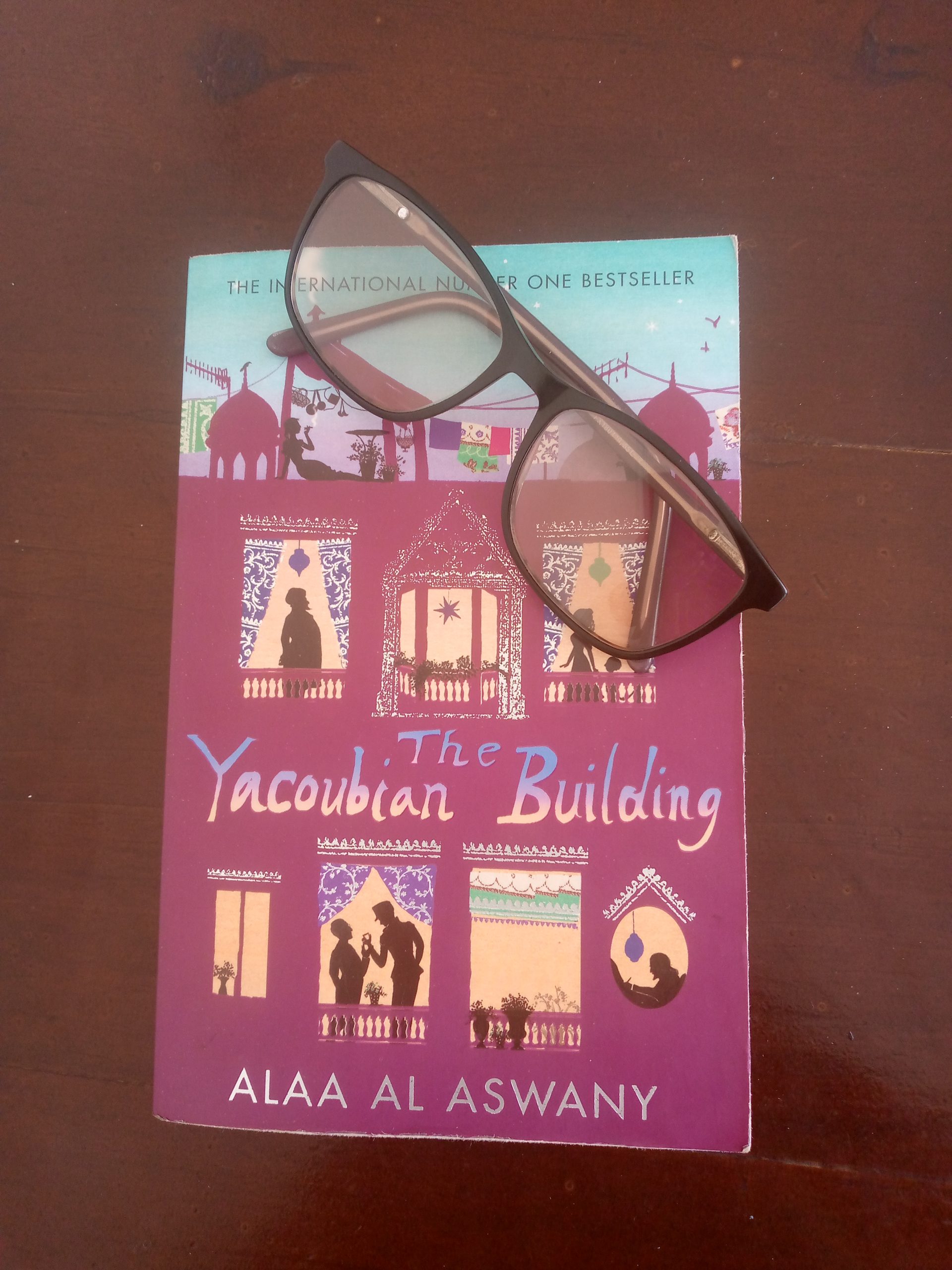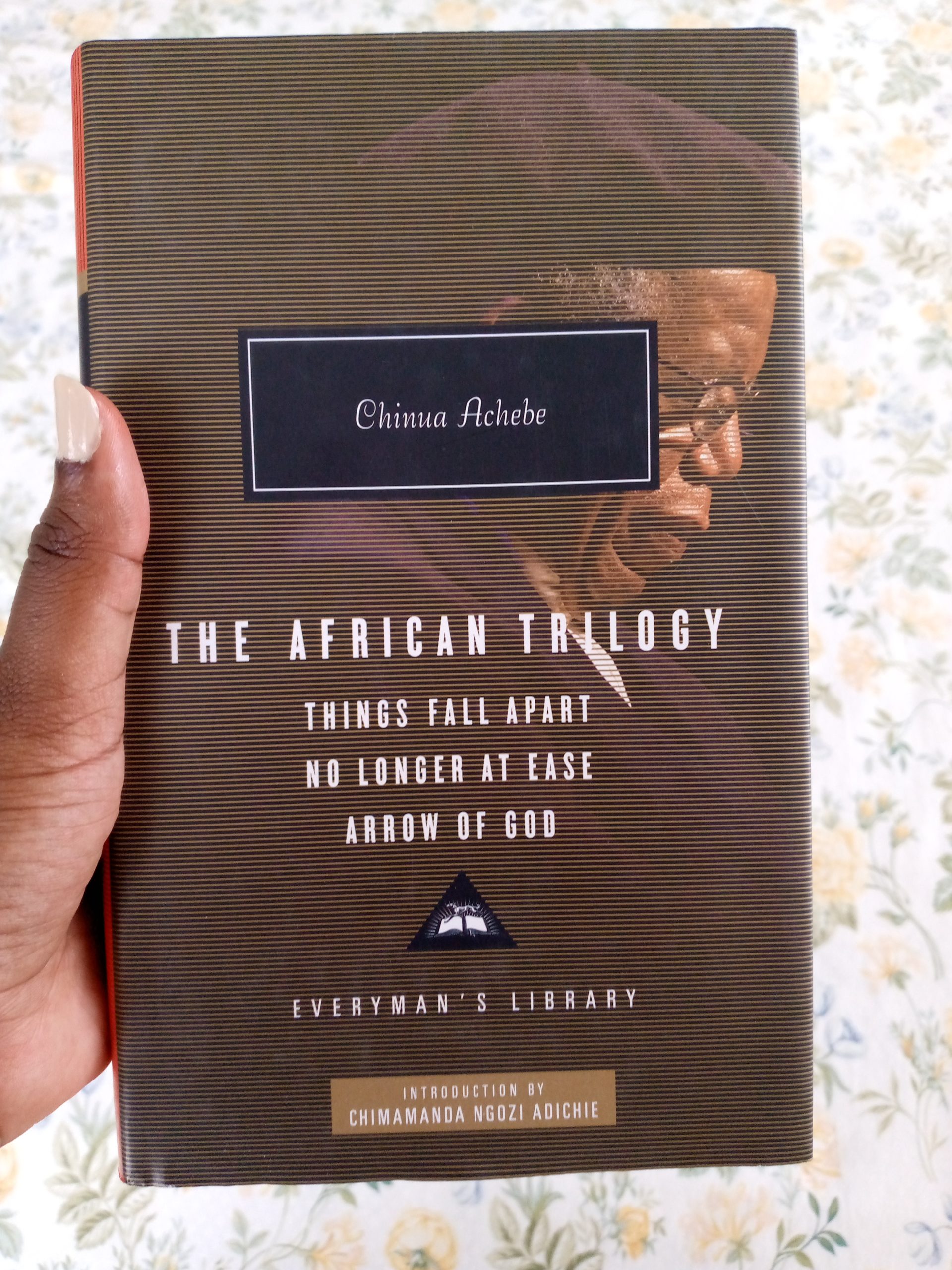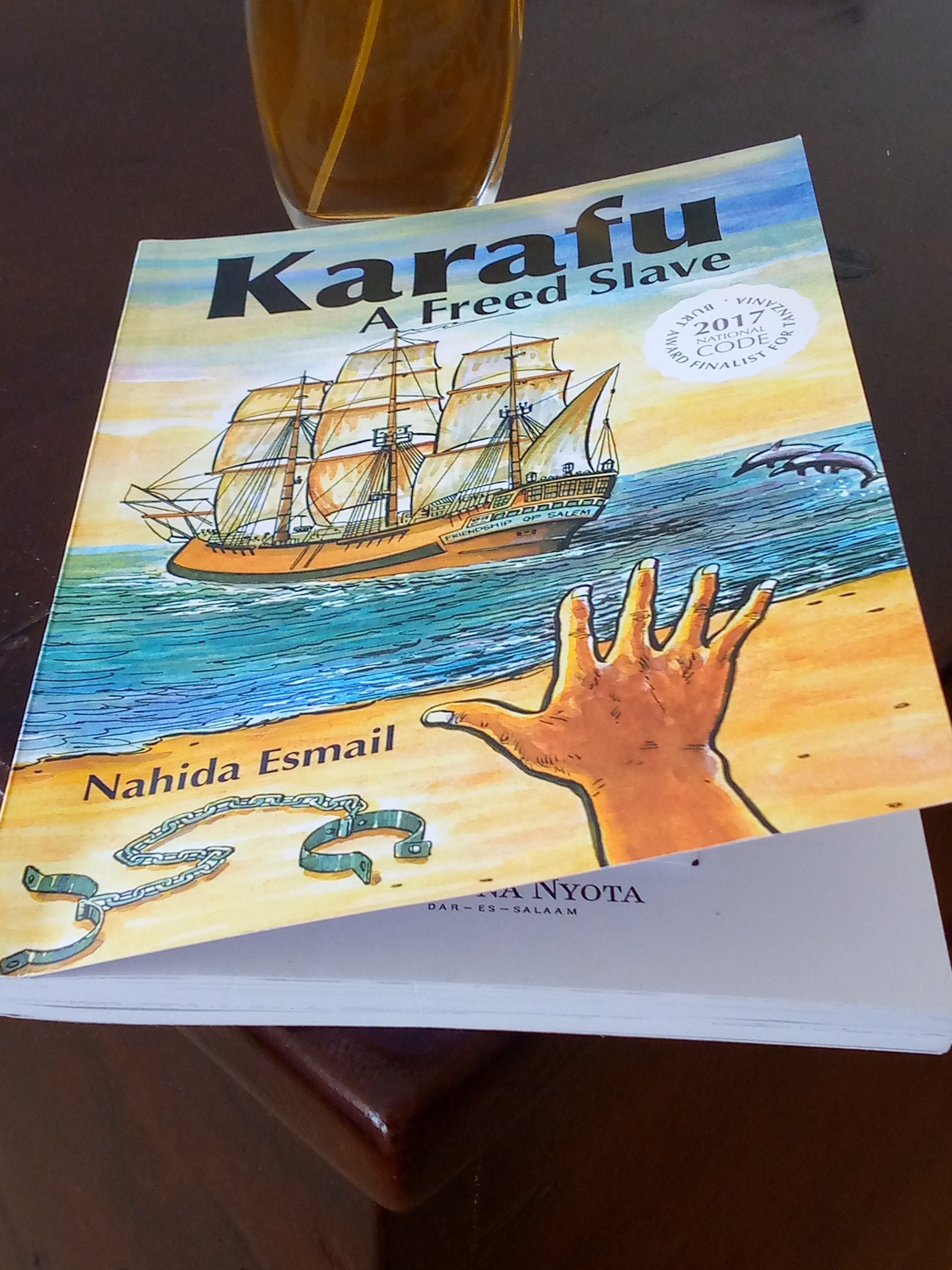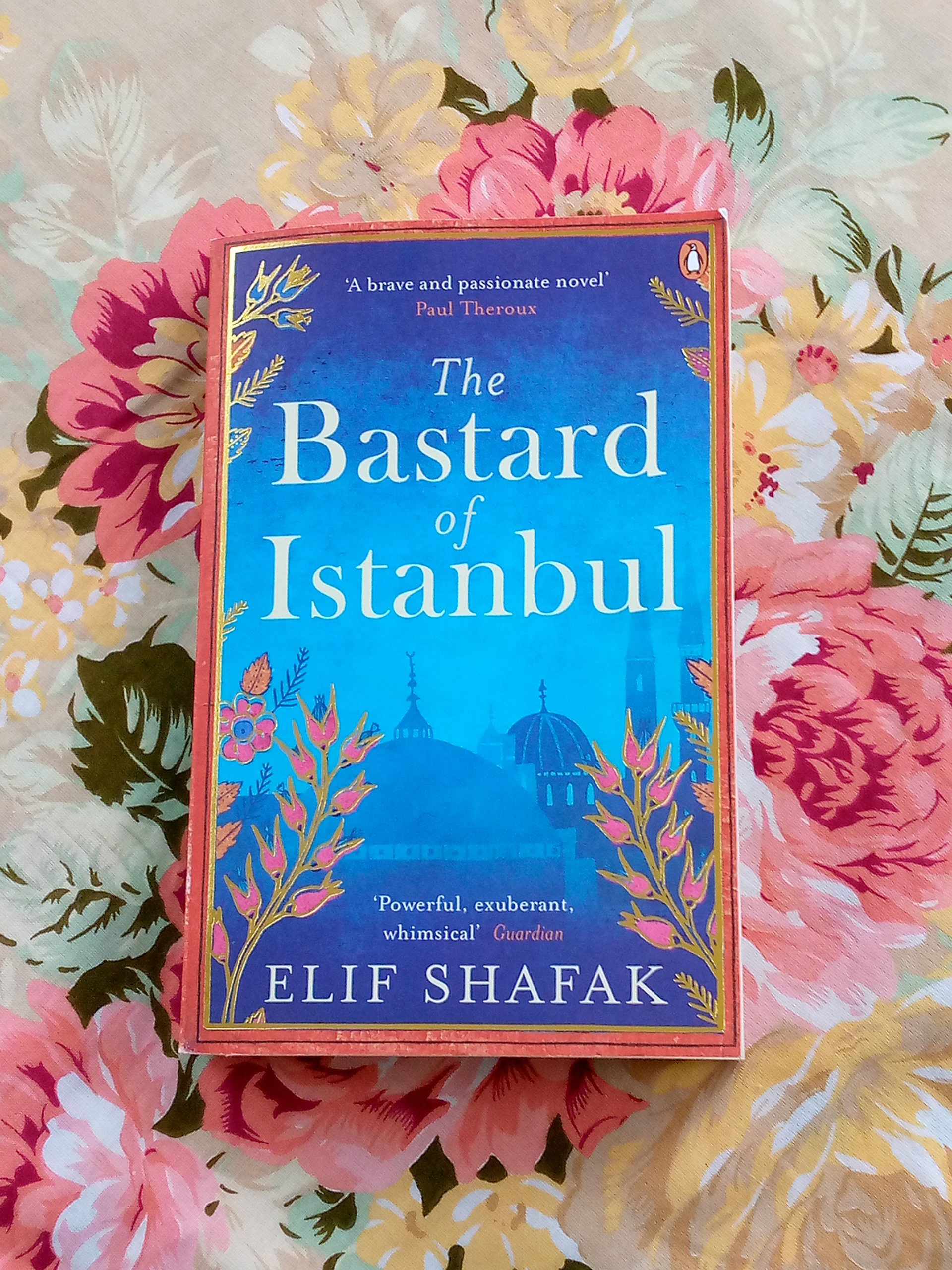Number of Pages: 246
1st published in Arabic in 2002 under the title, Imarat Ya’qubyan
This Edition published by Harper Perennial in 2007 and translated to English by Humphrey Davies
Genre: Fiction
Personal Rating: 6/10
The Yacoubian Building by Alaa Al Aswany is glowingly described as The International Number One Bestseller and I do not think this is far from the truth. The book is not your typical fiction story following the life of one person while introducing characters along the way. Rather, it tells the separate stories of numerous characters all residing in The Yacoubian Building or associated to the same building in one way or another. Interestingly, the author, a dentist by training and profession, had his first office in the real Yacoubian building which I would like to believe, formed the inspiration behind this book. All the characters though are from imagination.
In 1934, Hagop Yacoubian an Armenian millionaire and then doyen of the Armenian community in Egypt decided to construct an apartment block. He chose the Suleiman Basha street in Cairo as the location of the building and settled on an Italian Engineering Firm to build it in the finest of European architecture. So grand was the 10 storey apartment block that he named it after himself and had his name inscribed beautifully somewhere in the building.
Over the decades, the tenants of the Yacoubian Building have changed mostly depending on the political climate of the time, until the ones who are currently left being the characters of focus in the book. At the moment, the poor occupy the rooms on the rooftop, initially set aside as storerooms for the wealthy occupying the apartments in the building, the well to do and those clinging to their past glory, still have their apartments and the ground floor is occupied by business premises.
Zaki Bey El Dessouki studied engineering in Paris and is 65 years old. He comes from a wealthy family and his father was once a prime minister. After the revolution, he was detained for a while and lost most of his wealth. Zaki Bey, has a failed engineering office in one of the apartments in the Yacoubian Building and is known to be a womanizer who uses his office as a meeting point with his many lovers. He lives with his sister Dawlat in a different part of Cairo.
Abaskharon is the Christian Office Servant of Zaki Bey who is sworn to secrecy and never discusses what his boss does in his office. Little is known about Abaskharon and how he came to lose his right leg. And while Abaskharon may confuse someone into thinking he is just but a stupid servant, he is in fact very cunning and manages to get his brother, Malak, a tailoring shop space on the rooftop of the Yacoubian building, protests from some of the tenants notwithstanding.
Then there is Taha, living on the rooftop with his father, El Shazli, the doorkeeper of the entire building and mother. Taha is a bright kid in school who posts good grades and has always dreamed of becoming a police man. He is also in love with Busayna, also a rooftop occupant with her family, and has been dating her for a while when he gets an interview at the Police Academy. Taha is hopeful that he will be taken but quickly realizes that as the son of a poor doorkeeper, the society he lives in, restricts those from his social class from holding certain job positions and he is dismissed. Still determined, he writes a letter to a senior person protesting his denial to join the Police Academy and the letter is also dismissed. Eventually, he joins the Faculty of Economics and Political Sciences at the Cairo University, where again, he quickly realizes that the rich kids don’t mix with the poor kids. Taha ends up radicalized in the process.
Busayna, Taha’s girlfriend has recently lost her father and as a result, she has to work to help in supporting her mother and younger siblings. But there’s a problem. Everywhere Busayna gets work, she quickly loses it for refusing to give in to the advances of her male bosses much to her mother’s chagrin. Eventually, Busayna’s friend Fifi, gets her a job at a clothing store owned by the Syrian, Mr. Talal. She advices Busayna to give in to a certain extent just to retain her job and Busayna finds herself the object of regular sexual exploitation by her new boss. So bad it is that it causes her to feel anger, shame, guilt and resentment even towards her boyfriend, Taha. Eventually, she breaks up with him.
Hagg Muhammad Azzam is a wealthy man with 2 clothing stores, one occupying the ground floor on the Yacoubian Building. Hagg started out years ago as a shoe shiner on Suleiman Basha street. Gradually, he has risen to accumulate a huge amount of wealth which is subject to suspicion by some locals. As an old man, Hagg is surprised by his sudden interest in sex and women and is advised by his trusted Sheikh to get another wife. He marries Souad Gaber, a widowed mother of one, and puts her up in one of the apartments in the Yacoubian Building. However, this is a marriage of convenience and Souad is not allowed to live with her son nor get pregnant.
And finally, Hatim Rasheed is a well-known journalist and editor in chief of Le Caire a Cairo Newspaper in French and English. Hatim lives in one of the apartments in the Yacoubian Building and is rumored to be gay although he never confirms it himself. He is half French and half Egyptian and the son of wealthy parents, both deceased, who never paid attention to him while growing up. As a result, Hatim was closer to the servants in the house than to his parents and one ended up violating him as a child. Now as an adult, he soon enough takes up a male lover, Abduh, whom he finances as he is poor and married with a child. Their love story is one of tumult the entire time they are together.
The Yacoubian building through its diverse range of characters, all wonderfully developed, inevitably explores numerous themes. There is the theme of sexuality where the author mentions the existence of the LGBTQI Community in Cairo Society, comprising largely of gays who frequent the Chez Nous bar located beneath the apartment block. It is here where Hatim occasionally comes. And while the rest of society does not necessarily approve of it, they choose to mind their own business while pretending this does not exist. Unfortunately, deception prevails within this community with some like Abduh leading double lives.
Politics is also a major theme and is evident in how Egyptian Society changed after the revolution. Many of the foreigners who had previously lived and worked in Egypt, have since left and certain freedoms have also since been curtailed in the process, as the society becomes more Islamic. Corruption is rampant and for people like Hagg Azzam who want to join politics, they are doing so not to diligently serve the people, but to also increase their wealth and social standing. And to even get a party nomination, certain people have to be bribed to ensure this happens and a candidate wins the seat as Hagg Azzam quickly realizes. After the win, a percentage of profits from the winner’s businesses also has to regularly go to the ones who ensured their win. Additionally, businesses considered illegal and immoral like bars, bribe the police to ensure their uninterrupted operations and Chez Nous is not spared of this.
I must admit that I found myself surprised by the boldness of the author in tackling issues I presume, are not openly discussed in Egyptian society. Some parts of the book were so hilarious that I burst out laughing while reading. However, I did not appreciate the fact that the author describes the nose of Abduh, Hatim’s lover, as negroid. I found it derogatory to settle on such a description for an African nose even though the book appears to be set in the 70s though not explicitly mentioned. As someone of African descent, I was appalled that this escaped the editor’s eye and was allowed to remain in final edit.
I also did not like the radicalization parts of the book pertaining to Taha. It was quite uncomfortable reading about it knowing all too well where this can lead coming from a country that has been a target of terrorist attacks with disastrous results. Women, are sadly not given much grace either. I would have loved to read about a female character, who was a professional in her own right and how the society perceived it, rather than about women being only objects of male desire.
All in all, The Yacoubian Building is a refreshing read and has marked my significant introduction to Egyptian Literature. It would be interesting for me to discover what else Alaa Al Aswany has out there and hopefully, come across other Egyptian writers in the process.
As Reviewed by Lorna Likiza



